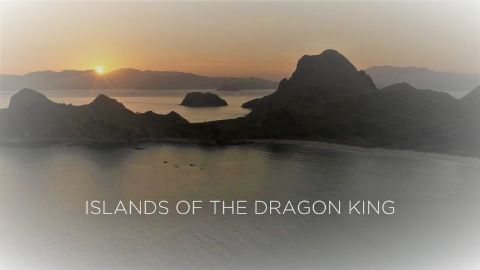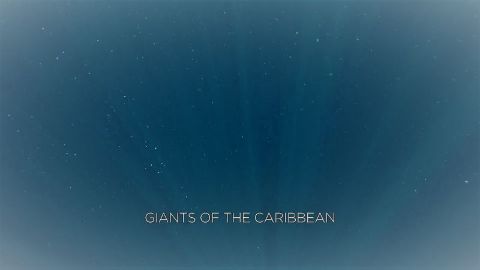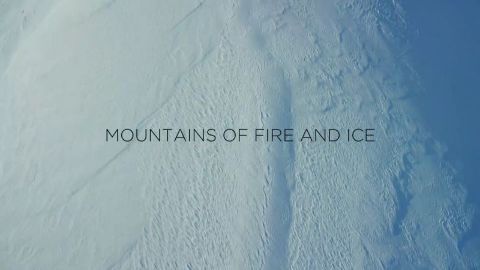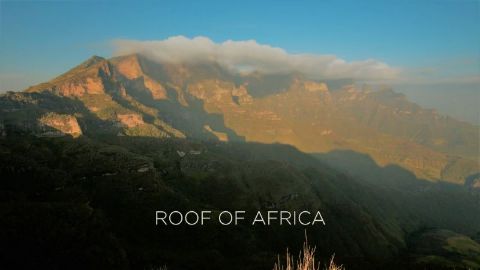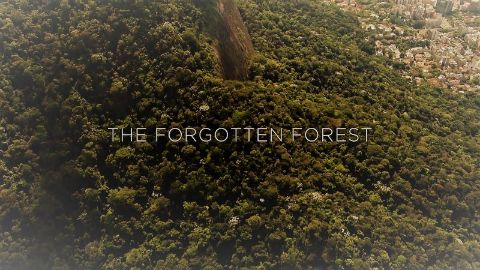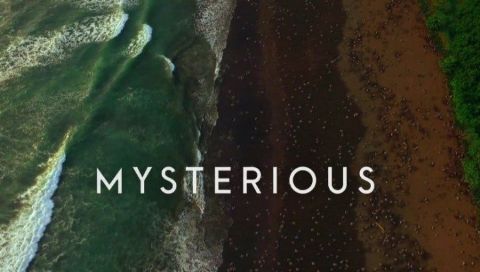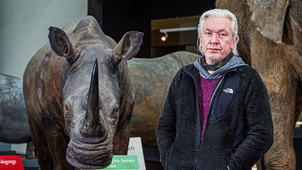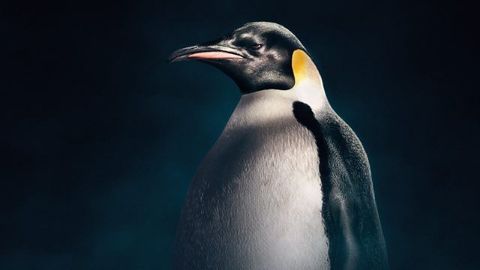Giants of the Caribbean • 2020 • episode "S1E2" • Mysterious Planet
David Schwimmer explores an underground world of monsters and aliens. The largest gathering of the largest fish on the planet--over four hundred whale sharks--assembles in the same small patch of ocean just off Mexico’s Yucatan Peninsula. Why are they here? Mysterious Planet embarks on an epic journey to find out: from the clear blue waters of the Caribbean, into the largest network of flooded caves on Earth, spiritual underworld of a lost civilization, home to monsters and alien life forms ,where a meteorite the size of Manhattan is hurtling towards planet Earth, on course to kickstart the evolution of a whole new line of ocean giants.
Make a donation
Buy a brother a hot coffee? Or a cold beer?
Hope you're finding these documentaries fascinating and eye-opening. It's just me, working hard behind the scenes to bring you this enriching content.
Running and maintaining a website like this takes time and resources. That's why I'm reaching out to you. If you appreciate what I do and would like to support my efforts, would you consider "buying me a coffee"?
Donation addresses
BTC: bc1q8ldskxh4x9qnddhcrgcun8rtvddeldm2a07r2v
ETH: 0x5CCAAA1afc5c5D814129d99277dDb5A979672116
With your donation through , you can show your appreciation and help me keep this project going. Every contribution, no matter how small, makes a significant impact. It goes directly towards covering server costs.
